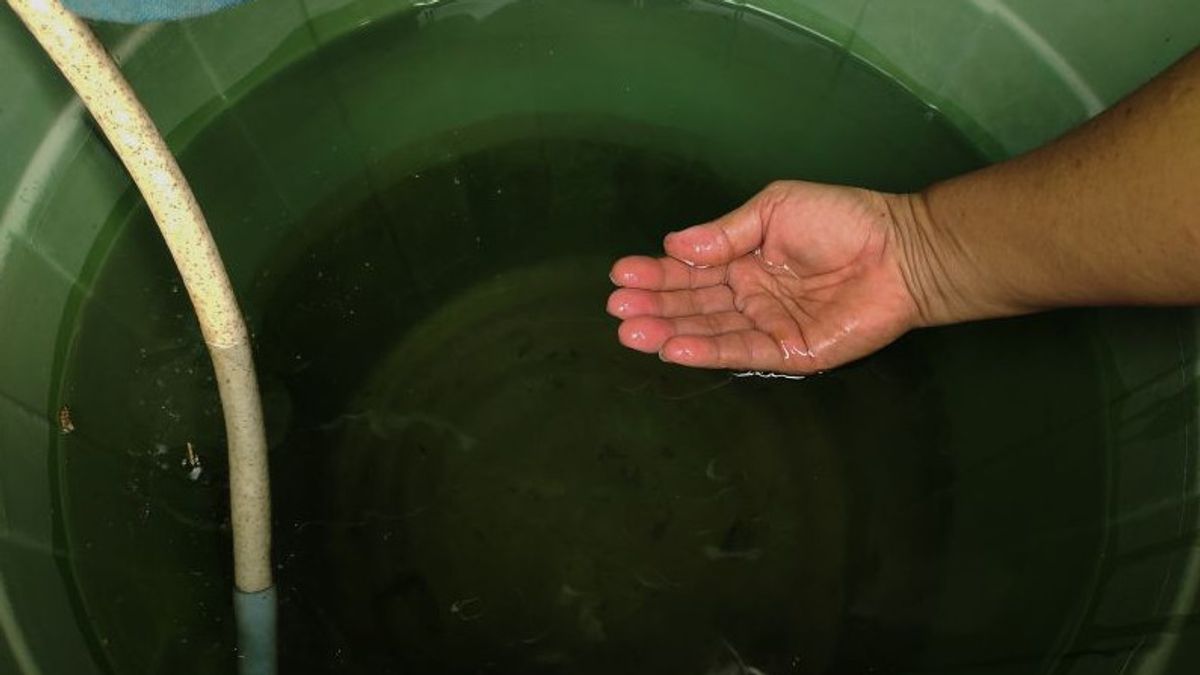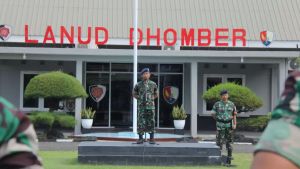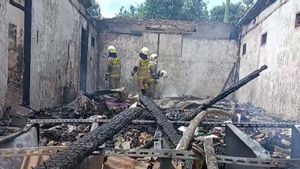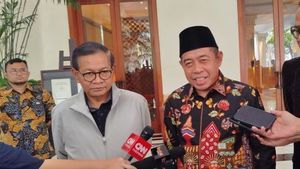LAMPUNG - Chairman of the Association of Indonesian Epidemiologists (PAEI) of Lampung Province, Ismen Mukhtar, said that the involvement of village officials can prevent and reduce the incidence of dengue hemorrhagic fever (DHF).
"We already know that dengue fever comes in a predictable season, but our reaction is a bit slow so we only act when cases increase," he said when contacted on Tuesday, June 28.
He added, DHF as a seasonal disease can be prevented by various preventive measures and the participation of all parties, one of which is the village administrator.
"This can be prevented if village officials such as lurah, RT can be agents of eradicating mosquito larvae. Because dengue can be prevented because the mosquitoes that live and live in puddles of clean water, and usually humans make the puddles," he said.
According to him, steps to eradicate mosquito larvae must also be initiated and supervised directly by the village officials as the closest part to the community.
"Eradication of mosquito nests is not all left to health workers, but village officials, lurah, RT must also go along. Everyone must be aware of forming a mosquito larvae eradication movement, then there is a measurement of the larva-free rate," he said.
Ismen said that the measurement of the larva-free rate in every village or kelurahan was carried out to determine the level of distribution of DHF.
"There should be a survey every three months to get the larva-free rate, if the data is low, then this is a bad score for the lurah because they are the frontline guards to maintain public health in their area," he said.
With the simultaneous movement of mosquito larvae eradication and data collection of larva-free areas on a regular basis, he said, it is hoped that it will prevent the spread of residents affected by dengue fever in certain seasons.
"With the larva-free rate, it is an intervention step, and policy making to anticipate the presence of DHF can be done. Because when we see a problem, there must be a cause and after that the cause is immediately controlled," he said.
He said that when cases were found continuously in one location, the cause should be seen and immediately determine intervention steps with the help of a surveillance system at the puskesmas which processes data into information for action, and educates the public.
"The community must also care, puddles of water around their homes such as used cans, drinking containers, buckets, and various containers must be cleaned so that there are no mosquito larvae. We must take preventive steps together to prevent family or colleagues from getting dengue fever," he concluded.
The English, Chinese, Japanese, Arabic, and French versions are automatically generated by the AI. So there may still be inaccuracies in translating, please always see Indonesian as our main language. (system supported by DigitalSiber.id)













